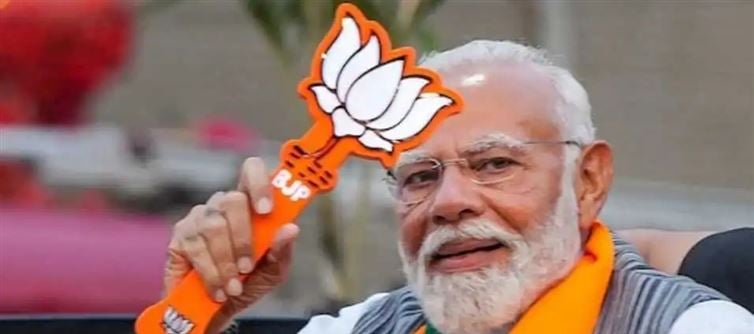
In sharp contrast, the “freebies” budget—which includes loan waivers, free electricity, water, smartphones, laptops, travel, and monthly cash handouts—stands at a massive $120 billion. These are not targeted welfare programs for the genuinely needy but blanket populist giveaways aimed at appeasing vote banks. While short-term welfare has its place, such reckless spending without accountability leads to a culture where dependency is rewarded, and productivity or merit is overlooked. This not only distorts economic priorities but also erodes the work ethic that any growing economy desperately needs. When freebies replace infrastructure, innovation, and empowerment, a nation risks stagnation.
The rise of vote-bank politics in india has transformed governance into a competition of appeasement. Political parties now often see public funds as tools to buy votes rather than build the nation. This strategy may win elections, but it comes at the cost of long-term fiscal health and societal growth. It punishes merit and effort while glorifying entitlement and passivity. As the productive middle class is burdened with rising taxes and shrinking returns, and as genuine talent is demotivated by systemic bias, the entire system teeters on the edge of unsustainability. What’s needed is not more freebies, but visionary leadership with the courage to invest in the future—through education, healthcare, innovation, and honest governance.




 click and follow Indiaherald WhatsApp channel
click and follow Indiaherald WhatsApp channel